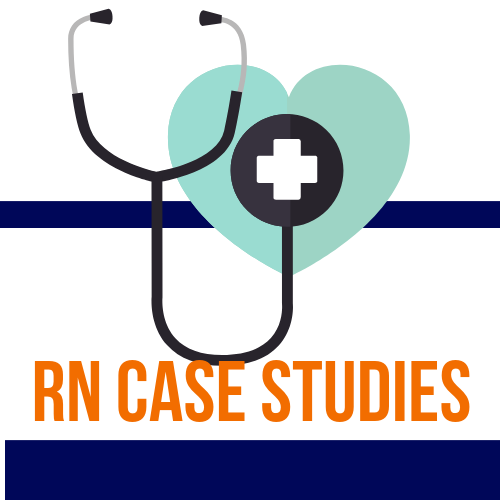How do we teach student nurses to relate to and have meaningful interactions with patients and members of the healthcare team that are different than themselves?
Our understanding of the world is shaped by our interactions and life experiences. Nurses interact with patients daily who are different from themselves. Nurses may care for patients whom have committed crimes or interact with parents who neglected or intentionally harmed their child. The patient’s religion, sexual orientation and social background may be different than their own. Additionally, in the United States the demographics of the nursing work force does not reflect that of the general population. Currently, 36 percent of the U. S. Population are white females; while 65 percent of the nurse under the age of 42 are white females.
Regardless of the circumstances, nurses are expected to be non-judgmental. The nurse’s personal biases can impact the way they care for patients and how they relate to other members of the healthcare team. Recognizing their own assumptions about people is the first step towards providing the highest quality of care. Nurses who are not able to recognize their own biases and assumptions are at risk for treating others unfairly.
Sometimes our own biases are not obvious to us. Equipping students to recognize their assumptions and biases will allow them to evaluate situations with clarity. Use the attached clinical resource tool to guide students in identifying their own biases assumptions.



